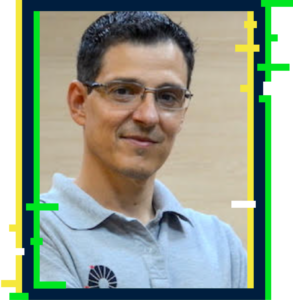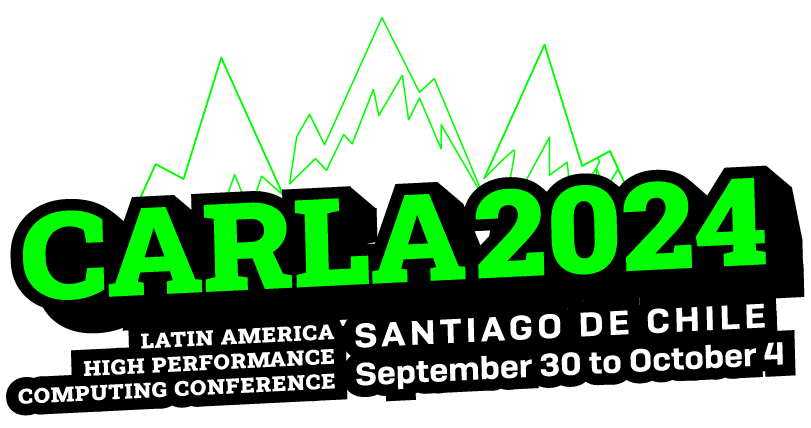
Edson Borin
Affiliation: University of Campinas
Country: Brazil
Training AI Models on Massive Datasets with DASF
The exponential growth of data in the modern era presents significant challenges in training artificial intelligence (AI) models, particularly when dealing with massive datasets. These challenges encompass scalability, resource management, and data preprocessing. In this talk, we will explore the core difficulties encountered in training AI models on massive datasets and demonstrate how the DASF framework effectively addresses these issues.
Additionally, we will highlight how DASF’s user-friendly API simplifies the transition from desktop code development to high-performance computing (HPC) model training, making it accessible for practitioners at all levels.
Bio
Edson Borin is an associate professor at the Institute of Computing at the University of Campinas (Unicamp). Prior to joining Unicamp, Prof. Borin was a researcher at Intel Labs in California, where he investigated and developed dynamic compilation techniques to enhance next-generation HW/SW co-designed microprocessors, including automatic binary parallelization, binary translation, and hardware optimization and support techniques to accelerate single-threaded applications. During this time, he received four divisional recognition awards for developing technologies that improved Intel microprocessor manufacturing processes.
Since joining Unicamp in 2010, Prof. Borin has applied his expertise in modern computer architecture and compilers to optimize the performance and cost of running scientific and engineering computing applications. Much of his work focuses on improving seismic-processing and deep-learning applications and cloud infrastructure to optimize the performance and cost of running these applications in the cloud.
Prof. Borin coordinates the Discovery laboratory (https://discovery.ic.unicamp.
He has supervised over 22 doctoral and master’s students, many of whom have received awards for best theses, dissertations, and papers.
